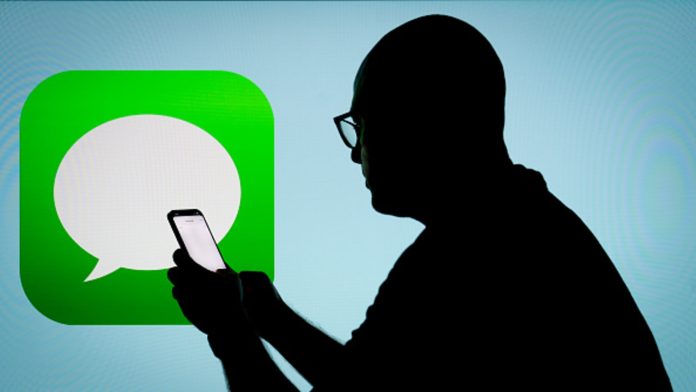[ad_1]
Apple’s iMessage app and Microsoft’s Bing and Edge browsers won’t tough restrictions from the European Union.
Jaap Arriens | Nurphoto | Getty Images
Apple’s iMessage messaging service and Microsoft’s Bing and Edge search browsers should not be designated as “gatekeepers” under the European Union’s strict digital competition laws, the European Commission said Tuesday.
It has now closed an investigation looking into the concern.
The decision is a win for Apple, whose iMessage service has long faced complaints from Android users due to incompatibilities.
It means that Apple will not be required to open up the messaging infrastructure of its service to alternative producers from Android device makers, to Meta’s WhatsApp and Facebook Messenger apps, or to encrypted messaging apps Signal and Telegram.
Users have long bemoaned the fact that Apple shows messages from non-Apple users as green bubbles, as opposed to messages from fellow iMessage users which display in blue. Currently, only users of iPhones and other Apple devices, such as iPads, can utilize iMessage.
The EU’s competition restrictions also won’t apply to Microsoft’s Bing and Edge browsers, as well as the Redmond tech giant’s online advertising service, Microsoft Advertising.
Apple and Microsoft were not immediately available for comment when contacted by CNBC.
The Tuesday pronouncement does not mean that Apple and Microsoft themselves won’t still be treated as gatekeepers under the EU rules. Their core platforms services, for example Apple’s App Store and Microsoft’s Azure cloud computing platform, will still count as gatekeepers under the DMA, according to a ruling made on September 2023.
“The decisions do not affect in any way the designation of Apple and Microsoft as gatekeepers on 5 September 2023 as regards their other core platform services,” the Commission said in a press update Tuesday.
“The Commission will continue to monitor the developments on the market with respect to these services, should any substantial changes arise.”
The EU Digital Markets Act, which entered into force on Nov. 1, 2022, and became largely applicable on May 2 of last year imposes a number of strict requirements on large technology platform companies, especially on U.S. technology giants like Meta, Apple, and Amazon.
The EU has some key targets in its sights, namely companies it designates as “gatekeepers” — businesses that are so crucial to web use that competition regulators believe they should open their services to allow smaller competitors access.
Late last year, the EU unveiled six designated gatekeeper that would be subject to its rules: Google, Amazon, Apple, Meta, Microsoft, and TikTok owner ByteDance.
Some publishers and technology firms say that these huge tech companies haven’t done enough to engage effectively with them and with others in their industry. Apple recently opened up its App Store for third-party developers in Europe, which could threaten the iPhone giant’s lucrative fees.
[ad_2]
Source link
